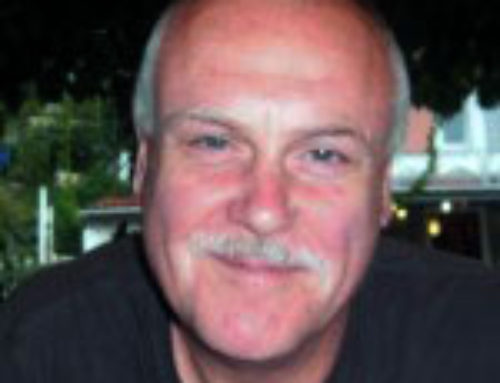| Interviw with Eliezer Lev, general manager of Infineon Israel. this Siemen’s semiconductor division, which also serves as the company’s development center in Israel, replaced IC Com’s founders, after it was purchased four months ago by the multi-national concern. |
| Globes: Monday , Feb 21, 2000
Sun-Thu at 18:00 (GMT+2) If It Ain’t Broke Don’t Fix It By Aviva Rosen Start-ups acquired by international concerns often wake up to a new reality in which Mama tries to straighten out and clean up her messy new baby. Eliezer Lev, general manager of Infineon Israel, Siemen’s semiconductor division, which also serves as the company’s development center in Israel, replaced IC Com’s founders, after it was purchased four months ago by the multi-national concern. Lev says the company underwent a period of uncertainty, during which part of the senior management team left, and some of the functions no longer required disappeared, along with a few of the less successful projects. Why leave a company that is turning into the development center of such a leading and respected company in the sector? “Some left apparently because their dream was gone. Dreams are part and parcel of a start-up,” Lev says, “and one of the dreams is to have options and shares.” Lev talks of a period of adjustment which Infineon Israel appears to be embarking on. Lev, who in the past was deputy general manager for development at Scitex and a company division manager, was brought to Infineon to “sort out” the start-up’s structure, which is far less organized than that of the multi-national concern. “There’s something about large organizations which deters people looking for the feeling of a unified elite unit, while many others are attracted to order and good organization,” he says. “These people know they now have the opportunity to work with the most advanced technologies, and even move from project to project throughout the world, within the company.” “Globes”: How do employees relate to the fact that they are working for a company with German roots? Lev: “The subject has never arisen, as far as I know. I think people nowadays put much more emphasis on the fact that they work for a large and successful company, and they can feel part of that success.” What’s happening vis-a-vis Israeli and German styles of management? “It’s true that, compared with the Israeli management style of improvisation, the German style of management is much more structured, but I believe that bringing order and sprucing things up in development matters of an Israeli start-up is not a bad thing. Even if there appears to be a conflict between German and Israeli mentalities, the conflict doesn’t necessarily need to be destructive.” In contrast to Infineon, Convergys Israel, formerly Wiztec Solutions, which belonged for several years to Digital International, and later to Formula Israel, is already very well experienced in transitions, including the sort that takes place between a development center of a multi-national company and the local company, and vice versa. In Convergys case, which is contrary to Infineon’s, the acquisition did not take place as a one-time purchase, but was carried out in stages, with the final purchase in March 1999. By that time, Wiztec and Convergys had developed a close relationship of joint work in various fields. It is perhaps an exception to the rule for the mergers and acquisitions we hear about, that are rushed through and fall apart not long afterwards. Moreover, according to the Israeli company’s new general manager Riki Alon, “The company was always in the international market, so that even if it was based in Israel, the transition to a multi-national company did not deeply jolt it.” What about company structure? Apart from development, are there other functions which wither and die? Alon: “Beyond our small marketing group, the company has not changed, and neither have people’s responsibilities. Various functions remained, such as management of finances, which normally disappears, but in our case remained. In the meantime, we’re continuing to function in a relatively independent manner.” Alon explains that from the management processes aspect, some things have changed, for example management of human resources, employee evaluations and salaries. The changes are instituted gradually, not forced. Alon says Convergys is trying to act gently and wisely in incorporating the Israeli company so as to avoid harming it, and to get the most out of it. “Nobody looks at the calendar and says: we’re now turning over a completely new leaf. They understand that something that works well does not need to be mended.” What about the relations between the US company and the Israeli one? “We receive certain things from them, and they receive certain things from us. They can learn from us, for example, why it’s sometimes worthwhile ’rounding corners’ and becoming more creative about solutions when the regulations interfere.” Published by Israel’s Business Arena on 16 February, 2000 |


